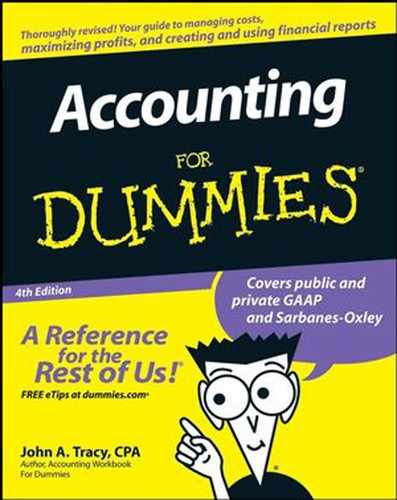16.5. Budget Wisely
Many people hear the word "budgeting" and think of a budgeting system — involving many persons, detailed forecasting, negotiating over goals and objectives, and page after page of detailed accounting statements that commit everyone to certain performance benchmarks for the coming period. In reality, all kinds of budgeting methods and approaches exist. You don't have to budget like IBM or a large business organization. You can do one-person limited-purpose budgeting. Even small-scale budgeting can pay handsome dividends.
I explain in Chapter 10 the reasons for budgeting — first, for understanding the profit dynamics and financial structure of your business and, second, for planning for changes in the coming period. Budgeting forces you to focus on the factors for improving profit and cash flow. It's always a good idea to look ahead to the coming year; if nothing else, at least plug the numbers in your profit report for sales volume, sales prices, product costs, and other expenses, and see how your projected profit looks for the coming year. It may not look too good, in which case you need to plan how you will do better.
The profit budget, in turn, lays the foundation for changes in your assets and liabilities that are driven by sales revenue and expenses. Your profit budget should dovetail with your assets and liabilities budget and with your cash flow budget. This information is very helpful in planning for the coming year — focusing in particular on how much cash flow from profit will be realized and how much capital expenditures will be required, which in turn lead to how much additional capital you have to raise and how much cash distribution from profit you will be able to make.
